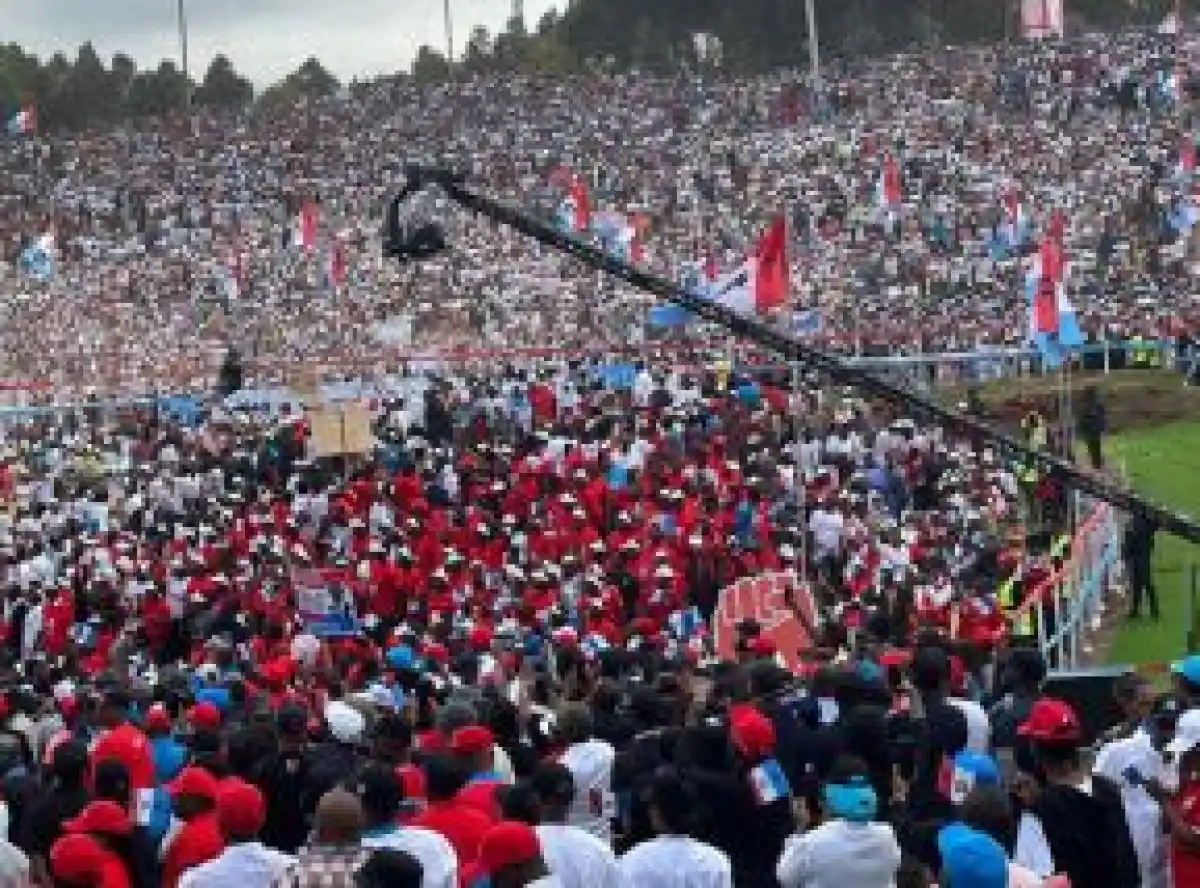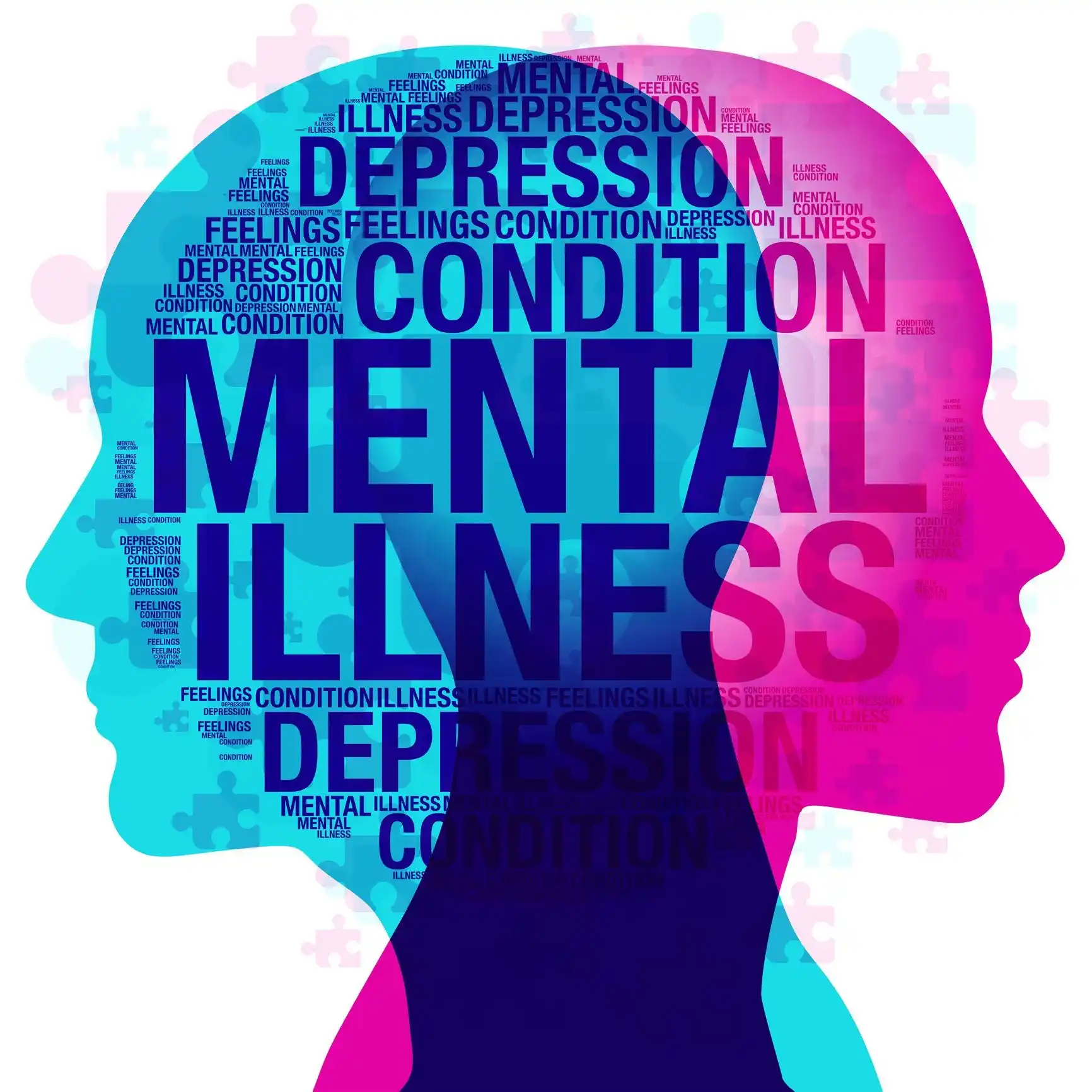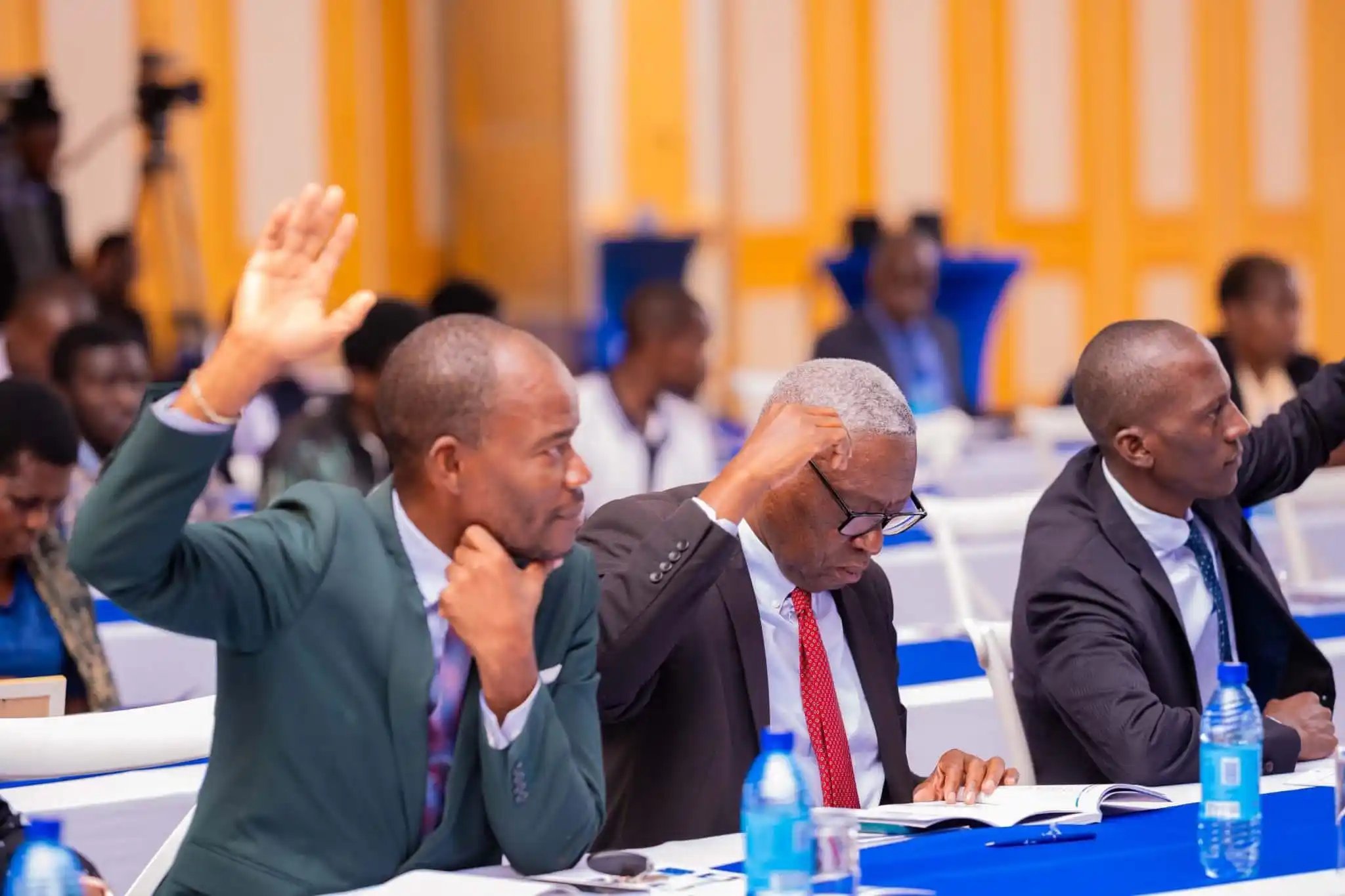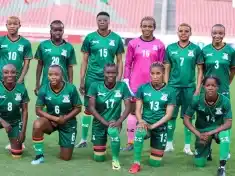
Election fever has gripped Rwanda as the country goes to the polls on July 15 this year.
Here in Musanze—home to the famous mountain gorillas in northern Rwanda, roughly 120 kilometres from the capital Kigali—the jubilant crowds welcome incumbent President Paul Kagame.
He arrived a while ago to address the crowd for a presidential vote he is widely expected to dominate.
In the 2017 elections, Kagame swept 99 percent of the vote and analysts do not expect this year’s outcome to change much.

Critics, however, say the election seven years ago was marred by irregularities, political intimidation and alleged ballots fraud.
But observers generally agree that the man largely credited for the end of genocide in the country 30 years ago and who has presided over a massive infrastructure boom, economic revival and fairly high standards of living for citizens, is personally popular among the masses.
Kagame, 66, has led Rwanda since 1994, rising to the presidency on the back of the genocide of an estimated 800 000 people, largely Tutsis and to a smaller extent, moderate Hutus.
Kagame faces two rivals in the presidential election—Frank Habineza of the Democratic Green Party and independent Philippe Mpayimana. These are the same candidates Kagame trounced in 2017.
Early this month, Rwanda’s electoral commission barred the other contender, Diane Rwigara, an outspoken critic of Kagame, from contesting, citing her failure to show that she does not have a criminal record, insufficient evidence that she has national support and could not prove that she was Rwandan by birth having once held Belgian citizenship as some of the reasons.
Rwigara, the 42-year-old leader of the People Salvation Movement, was also disqualified in 2017. She has dismissed all the reasons for her candidacy’s disqualification and has insisted she was born in Rwanda.







0 Comments